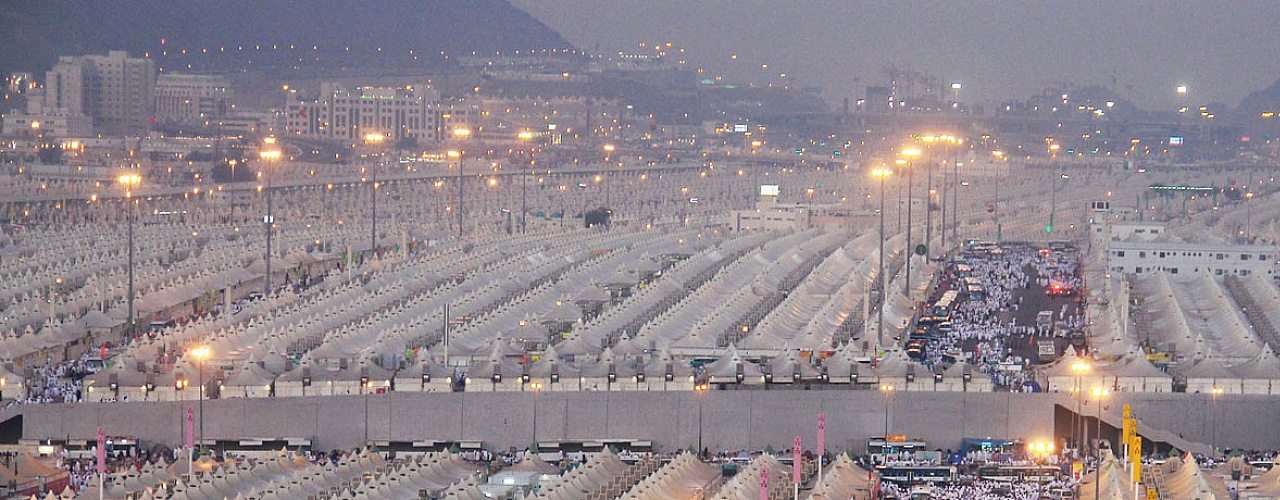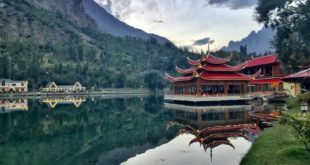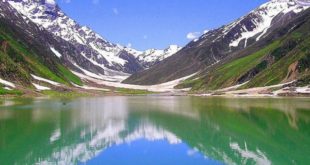Experience in the holy cities is a real blessing for any Muslim on Earth. I have had the opportunity to spend some days in the holy places during Ramadan, including the last ten days. The performance of ‘Umrah during the holy month was encouraged by the Prophet (peace and blessings of Allaah be upon him) in the hadeeth:
“When the month of Ramadan arrives, go to Umrah, because ‘Umrah in Ramadaan resembles me in Hajj” [Al-Bukhaari (1764)
Those who have visited agree that spending the holy days of Ramadan in the holy sites, including the Haram and the Prophet’s Mosque, is indeed an unforgettable experience. Both cities are no less crowded than during the Hajj season. Travel agencies in Pakistan offer special Umrah packages during this month as well as Hajj packages that are offered for annual pilgrimage.
The spirituality that one feels through spending days in worship and presenting the Creator in Ramadan is great. While praying behind the imam in the Kaaba, one feels completely tempted to recite the Quranic verses of the imam during Taraweeh.
In each of the holy mosques, breakfast is served by the state to all individuals separately. Outside the mosques, some people distribute different types of food to fasting people in private. But it is not allowed to eat inside mosques to keep it clean.
Crowded Places in Ramadan
Due to the fact that both cities are crowded during the month of Ramadan, it is best to confirm your accommodation before you arrive there. Unfortunately you did not have a prior reservation which turned out to be a big mistake; not only because it was very difficult to find a hotel room after landing there but also because of the fact that hotel prices are rising with every passing day of the holy month. But at this stage, there is no choice but to take what is available as soon as possible. Cheap Umrah Package UK Provides You the Best Umrah Deals
Language can sometimes become a barrier, so it is best to be familiar with basic Arabic language skills in advance when planning a visit to Saudi Arabia. Although I did not feel the need to know Arabic spoken on the move (it is interesting that many shop owners understand Urdu in Saudi Arabia, perhaps due to the fact that a large number of Pakistani and Indian pilgrims visit Saudi Arabia every year, most of them Can only speak Urdu). But there was this incident when I sometimes needed to know the local time while standing in a restaurant in Madinah but I did not have an hour. I tried to ask a local girl who was standing nearby not understanding what I was interrogating until I used the word “waqt”.
Some experiments were a bit creepy though. When we arrived at Jeddah airport, all the airport staff were found absent since it was almost breakfast time when our plane landed. This was a separate area from Jeddah International Airport (Hajj Station) where there were no proper seating arrangements. The worst time was the flight to Pakistan. For long hours, all the passengers who were waiting for their journeys to return home had to sit in open places – even when the sun was shining to its maximum – with a very shady place, making fasting a difficult task in the heat.
During the month of Ramadan, there are always a large number of people working in tawaaf and touching the black stone. Black stone seems to be one of the most difficult tasks if not impossible. The only time that the public is somewhat less between Fajr and Zuhr prayers is that the time has come for most of the worshipers to have time to sleep.
The largest crowds are seen on exotic nights from the last ten days of Ramadan when people from all over the country come to worship in the holy mosques. This is the number of worshipers during the strange nights that if no one arrives at the mosque early they find a place on the roads adjacent to the prayer.
The Saudi authorities confirm that pilgrims must be properly rebuffed, ie, covered with precision such as abaya. There were cases in the past when some females – especially from South Asia – should have been referred to, and they were told to correct their clothing patterns because they used to wear transparent fabric.
Females are not allowed to visit the remaining gardens, also called the Bekaa Park or the Bekaa cemetery. The justification for this is derived from Islamic history, where females were prevented from visiting graves.
There are specific periods of time when the ladies are allowed to enter the Paradise (Paradise Prayer) and pray there. Paradise is mentioned in one of the hadiths as follows:
“The place between the pulpit and my house is a garden between the Garden of Paradise.”
Therefore the place is considered very sacred.
After a month of Zil-Hajj, Ramadan is the month in which Muslims from all over the world are worshiping their Lord in a large number of people
 Universal Bloggers
Universal Bloggers



